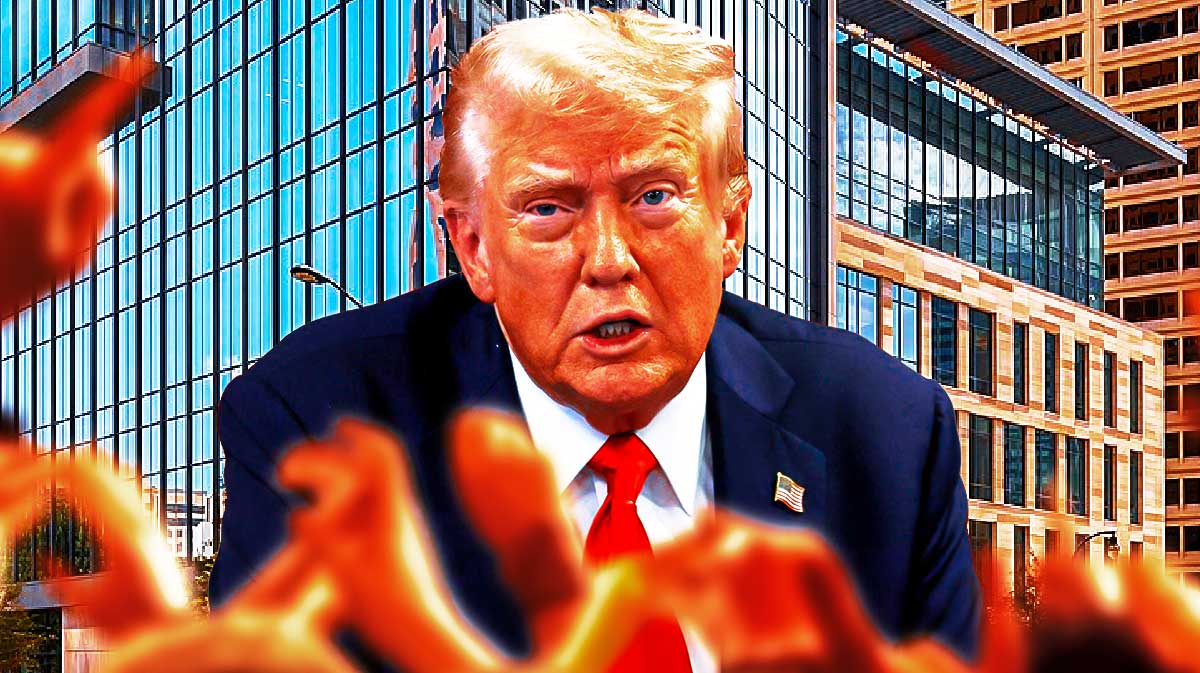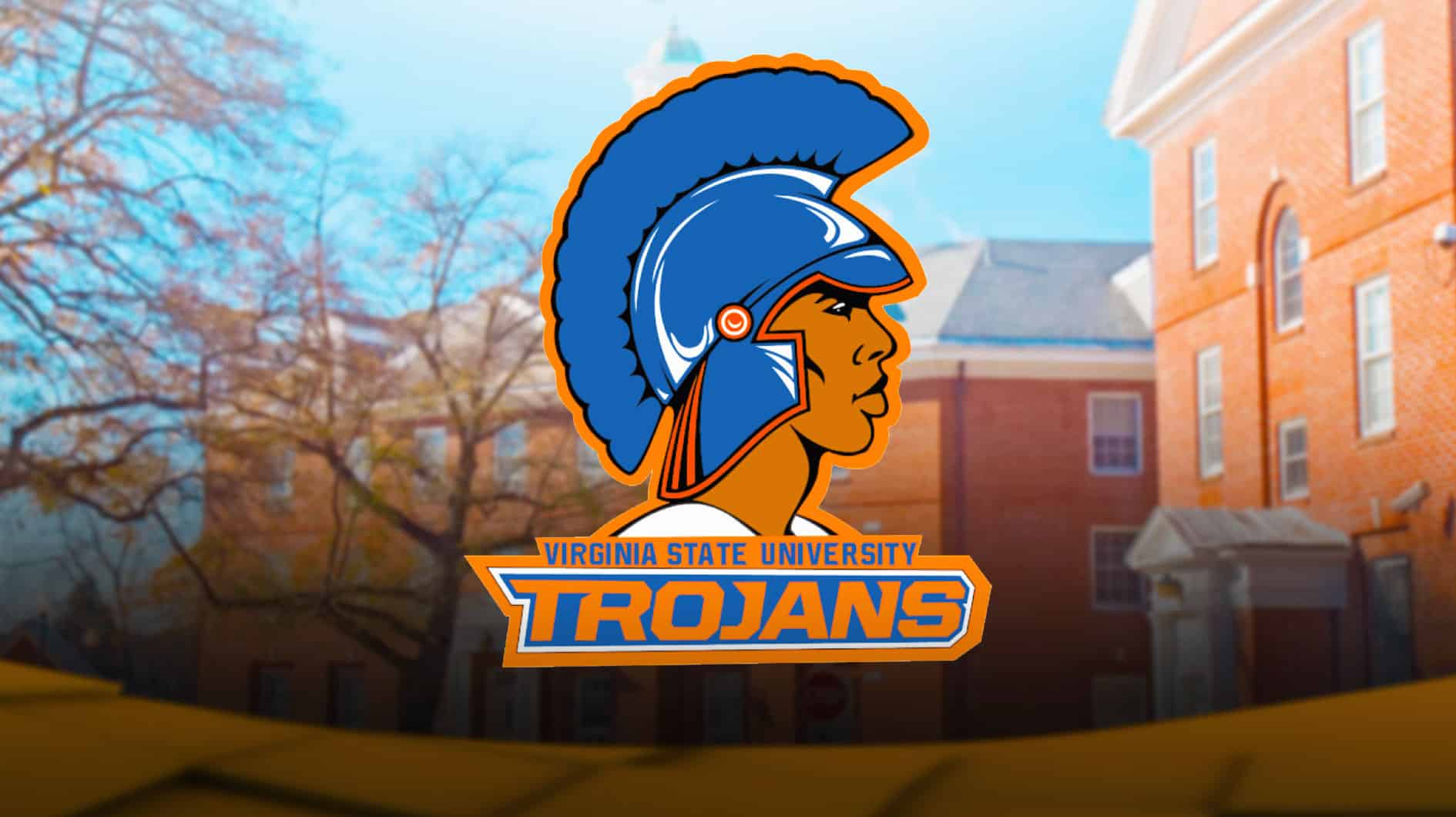President Donald Trump’s recent executive order has received mixed reviews from members of the HBCU community. Although the Trump administration has been targeting diversity and inclusion programs in higher education, President Trump has further solidified his support of HBCUs. Last week he signed an executive order rehousing a long-standing bipartisan presidential initiative regarding HBCUs. Additionally, it keeps the Education Department’s presidential advisory board on HBCUs in place. Many HBCUs, including Howard University, celebrated the new order.
“For nearly two centuries, Howard and the collective of HBCUs have cultivated talent, unlocked opportunity, and contributed mightily to every sector of American life,” the school said in a statement. “This executive order affirms the vital and visionary necessity of our work.”
Part of a series of education-related orders signed by President Trump last week, the order mostly carries on the traditional federal policy that favors HBCUs. It also supports the Trump administration’s preference for HBCUs over other kinds of institutions that serve minorities. Shortly after taking office, President Trump reversed similar policies intended to support tribal colleges and universities with at least 25% Hispanic undergraduates.
Colleges have been under tremendous pressure from the federal government over the last three months to close offices and programs that assist underserved groups, such as Black students, or risk losing their federal funding.
Here are the White House Initiatives on HBCUs as part of President Trump’s executive order:
(a) There is hereby established the White House Initiative on Historically Black Colleges and Universities (Initiative), housed in the Executive Office of the President and led by an Executive Director designated by the President.
(b) The Initiative shall work with executive departments and agencies (agencies), the President’s Board of Advisors on Historically Black Colleges and Universities established in section 4 of this order, private-sector employers, educational associations, philanthropic organizations, and other partners to increase the capacity of HBCUs to provide the highest-quality education to an increasing number of students. The Initiative shall have two primary missions:
(i) increasing the private-sector role, including the role of private foundations, in
(A) strengthening HBCUs through enhanced institutional planning and development, fiscal stability, and financial management;
(B) upgrading institutional infrastructure, including the use of technology, to ensure the long-term viability of these institutions; and
(C) providing professional development opportunities for HBCU students to help build America’s workforce in technology, healthcare, manufacturing, finance, and other high-growth industries; and
(ii) enhancing HBCUs’ capabilities to serve our nation’s young adults by:
(A) supporting implementation of the HBCU PARTNERS Act (Public Law 116-270), including facilitating the Federal agency plan process required by section 4 of that Act (20 U.S.C. 1063d);
(B) working to advance my Administration’s key priorities related to promoting innovation and excellence throughout HBCUs in consultation with HBCU leaders, representatives, students, and alumni;
(C) fostering private-sector initiatives and public-private and philanthropic partnerships to promote centers of academic research and program excellence at HBCUs;
(D) improving the availability and quality of information concerning HBCUs in the public policy sphere;
(E) sharing administrative and programmatic best practices within the HBCU community;
(F) addressing efforts to promote student success and retention at HBCUs, including college affordability, degree attainment, campus modernization, and infrastructure improvements;
(G) partnering with private entities and elementary and secondary education stakeholders to build a pipeline for students that may be interested in attending HBCUs and promote affordable degree attainment;
(H) encouraging states to provide the required state matching funds for 1890 Land-Grant Institutions;
(I) collaborating with the Department of Agriculture and state governments to establish a framework for addressing barriers to accessing federal funding to ensure that HBCUs receive the maximum funding to which they may be entitled;
(J) collaborating with agencies to improve the competitiveness of HBCUs for other sources of federal research and development funding; and
(K) convening an annual White House Summit on HBCUs to address matters related to the Initiative’s missions and functions.
(C) The heads of agencies shall assist and provide information to the Initiative, consistent with applicable law, as may be necessary to carry out the functions of the Initiative. Each agency shall bear its own expenses of participating in the initiative.





